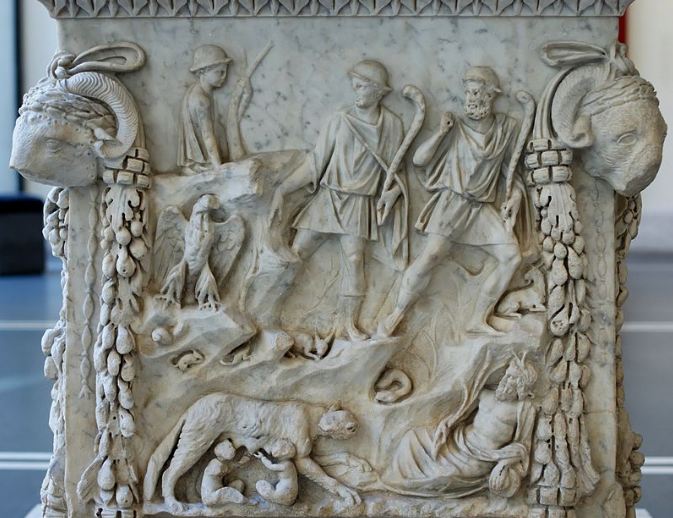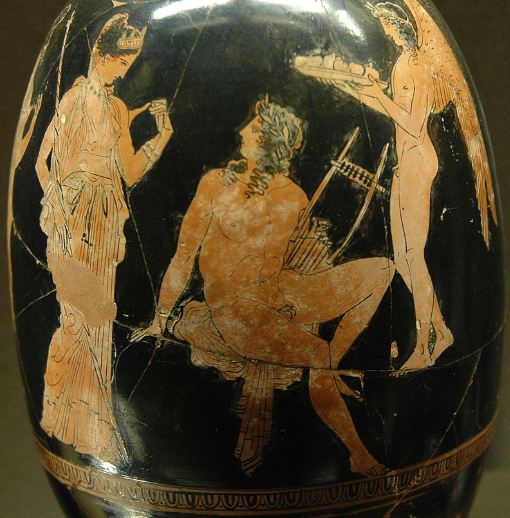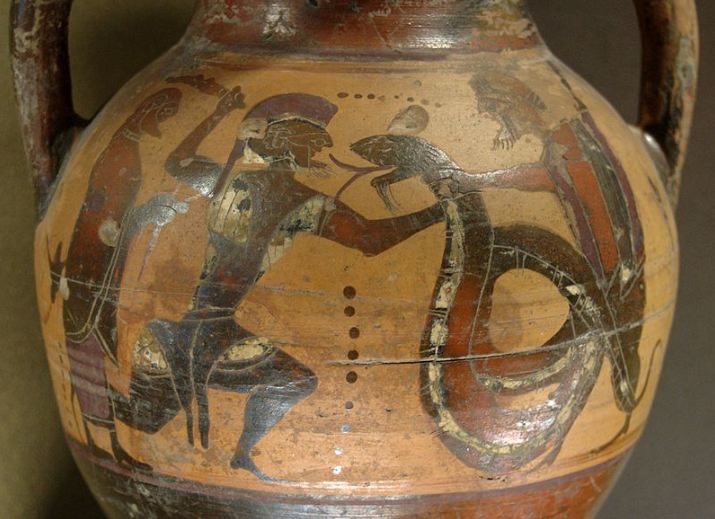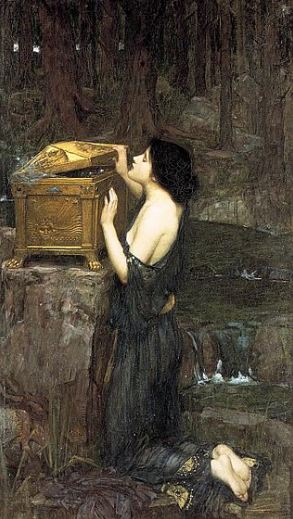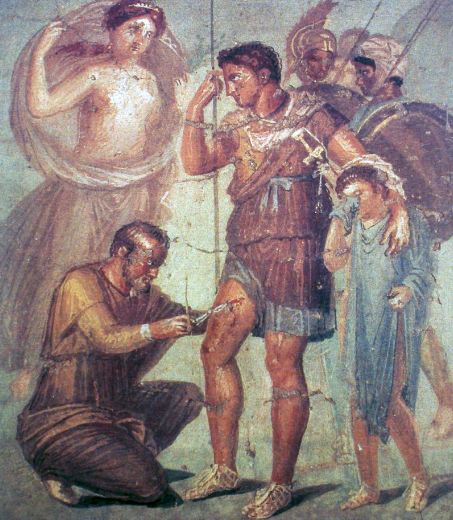For centuries, people have been following Greek and Roman mythology. There was a time when these mythologies were mere theories but as time passed and more evidence was discovered. It was found that the two featured several similarities and differences.
Both mythologies have gods known for their respective powers along with strong characters such as Hercules. Although these significantly help explain how the Greeks and Romans went about following their religion but still there is a lot that needs to be cleared. Let’s discuss.
Greek Mythology: Sources
When it comes to the difference of greek and roman mythology, the first thing that comes to mind is the sources. In Greek mythology, there is no original text such as the Holy Quran that explains all the myths, stories, and characters.
Originally, the Greek mythologies were just oral traditions followed by people, and their themes and plots began unfolding through their written literature of the classical and archaic periods. Several Greek poets such as Homer shared the story of the mythical Trojan war being a divine conflict between gods and goddesses.
It was not until around 700 BC when the poet Hesiod’s Theogony offered the first written origin story of Greek mythology. The Theogony highlights the process of how the earth went from being nothing to being along with mentioning the elaborate family tree of gods, elements, and goddesses who evolved from Chaos and descended from the Sky, Earth, the Underworld, and Sea.
Following, the work, many other artists and writers put forward their versions of the stories. For instance, Gius Julius Hyginus and Apollodorus of Athens compiled the ancient myths and legends for contemporary audiences.
Greek Mythology: The Olympians
Another major difference between ancient greek and roman mythology is the pantheon of deities who were said to live on Mount Olympus. This was the highest mountain in Greece. Since they were at the highest, they could look down and over and control all the aspects of human life. Additionally, Olympian gods and goddesses looked like men and women. However, they featured the ability to change into animals and other things.
Greek Mythology: Heroes and Monsters
As mentioned earlier, the characters from greek and roman mythology also differ. For instance, Greek mythology does not just share stories of gods and goddesses but human heroes as well such as Hercules.
He was known to perform 12 impossible labors for King Eurystheus and was later considered a god. Then, it was Pandora the first woman whose curiosity brought evil to mankind. Pygmalion, the king who fell in love with an ivory statue, and Arachne who was turned into a spider for her arrogance.
In addition to that, monsters and hybrids do make several appearances in the tales. Pegasus, the winged horse, Centaur the horse-man, Sphinx, the lion woman, and Harpies the bird-woman. Most of these characters eventually became gods or termed heroes based on their accomplishments.
Roman Mythology
The Roman Empire was essentially a polytheistic civilization, which meant that the ancient Romans worshipped multiple gods and goddesses like the Greeks. Although there were several other religions such as Christianity and Judaism within the empire but the Romans mostly honored multiple deities. According to them, the deities played a huge role in founding the Roman civilization and helping shape the everyday lives of the people.
As a result, the Romans recognized gods both in public places and private spaces. They also built and decorated public buildings and fountains featuring their images while the people worshipped the deities of their choosing at home.
In addition to that, the gods and goddesses of Greek culture also influenced the development of Roman mythology and deities. And this is where the characteristics of greek and roman mythology more or less reflect each other.
Due to Rome’s geographic position, the Romans frequently came in contact with the Greeks who had expanded their territories. As the Roman Republic progressed, it acquired these Greek territories and ran them under the administration of the Roman state. This way, the Romans adopted many aspects of the Greek culture including the gods and goddesses, however, renamed them or changed several aspects to suit their needs.
For instance, the main and most important gods in Roman culture were Juno, Jupiter, and Minerva. Jupiter was a sky god who was responsible for overseeing all aspects of life. It is said he originated from the Greek god Zeus.
On the other hand, Juno was Jupiter’s wife and sister. She resembled and was associated with the Greek goddess Hera. She was responsible for overlooking women and controlling all aspects of their lives. Minerva was a goddess of craft and wisdom. She resembled and was often associated with the Greek goddess Athena known for her wisdom.
Similarly, other gods and goddesses were adapted from the Greek culture such as Venus, Neptune who was inspired by the Greek god Poseidon, Pluto who ruled the underworld like the god Hades in Greek Culture. Just as the Romans copied many aspects of the Greek culture, the upcoming societies were inspired by the Roman cultural developments. This is why you notice many of the planets being named after Roman deities.
However, on the other hand, the Romans did have their own gods as well that were not copied or adapted from the Greek culture. For example, Janus was a god featuring two faces representing the spirit of passages such as gates and doorways. Janus was also believed to preside over beginnings. This perhaps explains that the month of January was named after Janus.
According to Roman mythology, the gods played a huge role in the development of the city of Rome itself. It is said that King Amulius had ordered the twins to be thrown into the Tiber River as punishment to Rhea Silvia for betraying her celibacy vow. Fortunately, the boys were saved by a mother wolf who helped raise them until they were adopted by a local couple.
As the boys grew up, they became important members of the community. They dethroned King Amulius and worked as a team to establish a new city. Later, due to an argument, Romulus ended up killing his brother Remus. Romulus then went on to name the city after him, Rome.
Final Word
The presence and influence of gods played an integral role in both greek and roman states, culture, and mythology. Both practiced or worshipped gods and goddesses more or less the same way. A major reason behind it was that the Romans adapted several aspects from Greek mythology. Therefore, not much difference is left between the two except the fact that the Roman mythologies were more popular and continued to be followed for centuries by the upcoming generations and societies.

